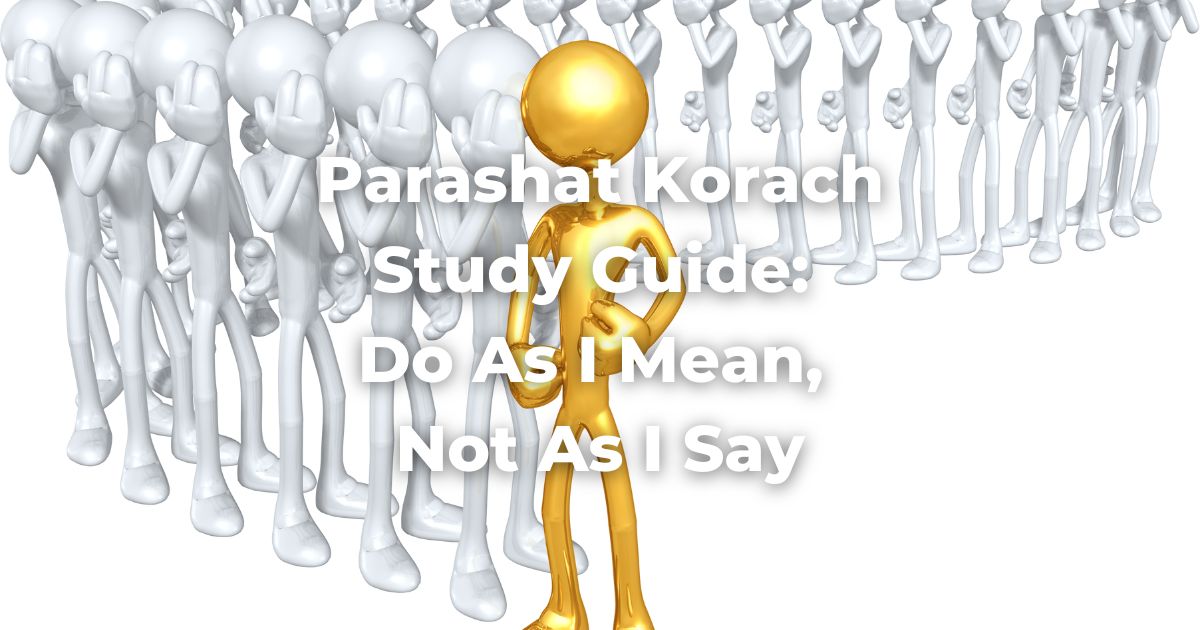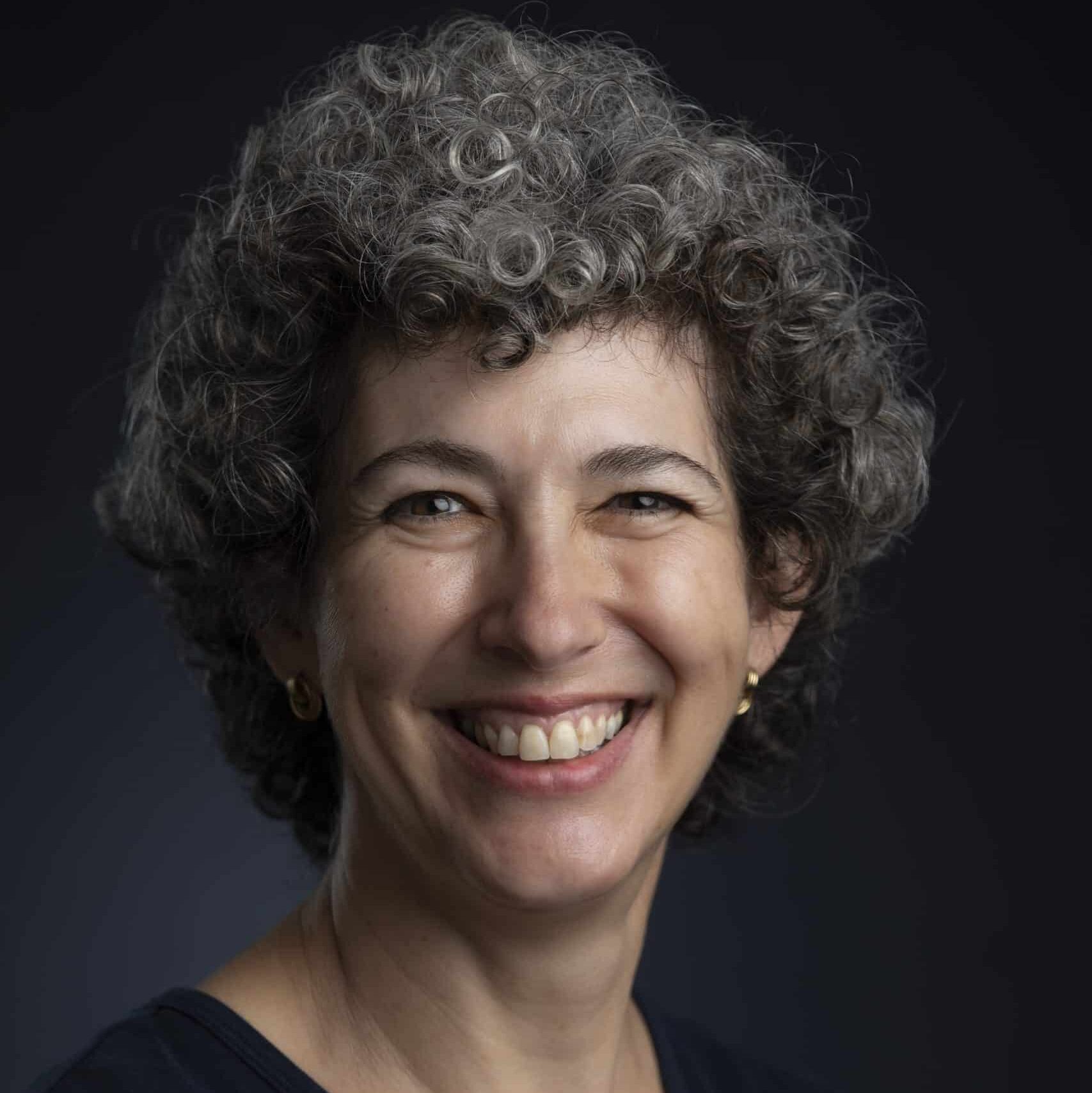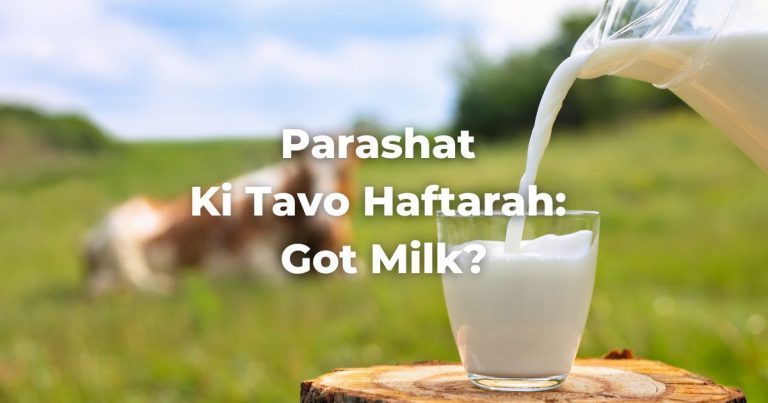Korach led a rebellion against Moshe (and Aaron). Ahead of the incense trial, Korach gathers the congregation against Moshe and Aaron:
Text: Bemidbar 16:20-23
20 And the Lord spoke to Moshe and Aaron, saying, 21 “Separate yourselves from among this congregation, that I may consume them in a moment.” 22 And they fell on their faces, and said, “O God, the God of the spirits of all flesh, one man sinned, and You shall be angry with all the congregation?” 23 So the Lord spoke to Moshe, saying, 24 “Speak to the congregation, saying, ‘Get away from the tents of Korah, Dathan, and Abiram.’ ”
- What does God instruct Moshe and Aaron to do? Do they follow God’s instruction?
- What do they do in response to God’s instruction? Why do you think that they fell on their faces? How is that a response to what they were told to do?
- Does God seem to accept Moshe and Aaron’s argument?
Commentary: R. Saadia Gaon (Rasag) Bemidbar 16:21
Separate yourselves—If you separate yourselves [I may consume them in a moment]
- How does Rasag understand God’s apparent instruction to Moshe and Aaron?
- According to this reading, what do you think that Moshe and Aaron are supposed to do at this moment? Is the text supporting Rasag’s reading?
Following the death of the people who brought incense, the people of Israel complained that Moshe and Aaron had caused the death of the people.
Here is what follows:
Text: Bemidbar 17:9-13
9 And the Lord spoke to Moshe, saying, 10 “Lift yourselves from among this congregation, that I may consume them in a moment.” And they fell on their faces. 11 And Moshe said to Aaron, “Take a censer… and take it quickly to the congregation and atone for them; for wrath has gone out from the Lord, the plague has begun.” 12 Then Aaron took it as Moshe commanded and ran into the midst of the assembly; …and he put in the incense and atoned for the people. 13 And he stood between the dead and the living and the plague was stopped.
- How is Moshe’s and Aaron’s response like that of the previous chapter? How does their response differ? What might be the reasons for the differences?
Commentary: R. Saadia Gaon Bemidbar 17:10
Lift yourselves—if you lift yourselves [I may consume them in a moment]
- What caused R. Saadia Gaon to interpret this verse along the line of the verse in the previous chapter?
- If God wanted Moshe and Aaron to intervene, why not instruct them to do so? When do we choose not to let people know what we would like them to do but rather tell them the possible consequences if they do not intervene?
See more: Parashat Korach
Originally posted as part of the Conservative Yeshiva at the Fuchsberg Jerusalem Center’s Torah Sparks. Support TorahRefers to the first five books of the Hebrew Bible, the Tanakh, also called the Five Books of Moses, Pentateuch or the Hebrew equivalent, Humash. This is also called the Written Torah. The term may also refer to teachings that expound on Jewish tradition. Read more learning from the Fuchsberg Jerusalem Center/Conservative Yeshiva for leaders and seekers around the world here.
Authors
-

Vered Hollander-Goldfarb teaches Tanach and Medieval Commentators at the Conservative Yeshiva and is a regular contributor to Torah Sparks, FJC’s weekly message on the weekly Torah portion. She received her M.A. in Judaic Studies and Tanach from the Bernard Revel Graduate School of Yeshiva University and studied at Bar-Ilan University and the Jewish Theological Seminary. Before making aliyah, Vered taught at Ramaz School and Stern College in New York.
View all posts -



The Fuchsberg Jerusalem Center (FJC) is a home in the heart of Jerusalem where leaders and seekers can find an authentic place in Jewish tradition to call their own. FJC offers opportunities to study, pray and explore within an egalitarian and inclusive setting, creating multiple pathways for finding personal and communal meaning.
View all posts






